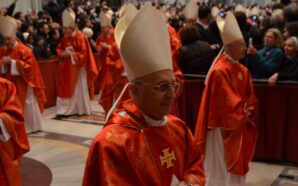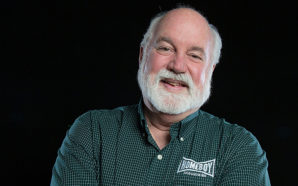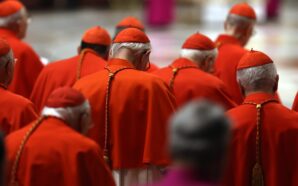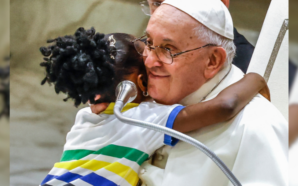While hospitalized, Pope Francis convened a consistory Feb. 25 for the upcoming canonizations of two beatified individuals, though the Vatican provided no further details regarding the date.
The day before, in his room at Rome’s Gemelli Hospital, the pope had received Cardinal Pietro Parolin, Vatican Secretary of State, and Archbishop Edgar Peña Parra, Substitute for General Affairs at the Secretariat of State, who presented him with dossiers concerning several canonization processes.
The convocation of a consistory for such a cause is not unusual.
For example, on July 1, 2024, Pope Francis had already gathered the cardinals residing in or present in Rome that day to rule on the causes of future saints, including Blessed Carlo Acutis and the 11 martyrs of Damascus killed in 1860. Seizing the occasion, the pope also elevated three cardinals to the rank of “cardinal-priest”: Cardinals James Michael Harvey, Lorenzo Baldisseri, and Gerhard Ludwig Müller (former Prefect of the Congregation for the Doctrine of the Faith)
Ordinary and Extraordinary consistories
These gatherings of cardinals, known as public ordinary consistories, may also be convened by the pope for other reasons, “for certain serious matters that arise quite commonly, or to carry out particularly solemn acts,” as defined by Canon Law. These acts may include the creation of new cardinals or reflection on a specific theme—as was the case in 2014 regarding the Middle East.
Since the beginning of Francis’ pontificate, public ordinary consistories have been held once or twice a year. These assemblies can also take on a more significant character. It was during a public ordinary consistory that Benedict XVI announced his resignation on February 11, 2013.
Secret ordinary consistories
Ordinary consistories can also be secret. In such cases, they gather cardinals from the Curia, and their agenda is either not disclosed or only partially revealed—as was the case with the first consistory convened by Pope Benedict XVI in March 2006.
Extraordinary consistories
Lastly, the pope may also convene an extraordinary consistory, which is “held when particular needs of the Church or the study of highly important matters require it”, during which “all cardinals are summoned” (Canon 353). These deliberations are conducted behind closed doors.
While St. John Paul II convened six extraordinary consistories during his pontificate, Pope Francis used this option only once, in February 2014. That consistory brought together cardinals to work on family-related matters before the launch of a Synod on the Family.
Reproduced with permission by La Croix International.








